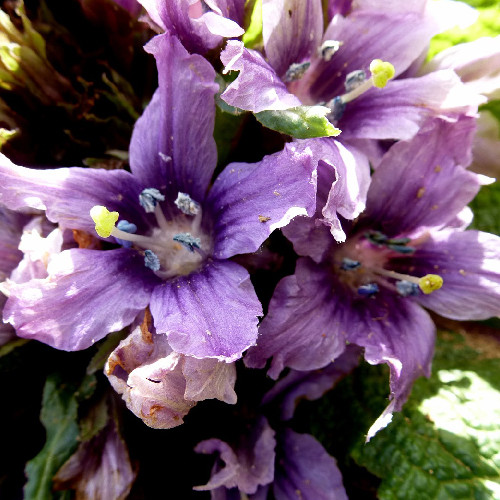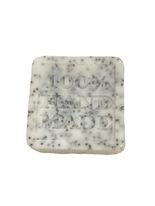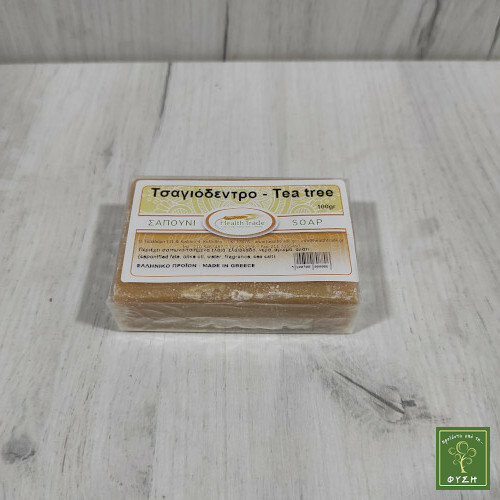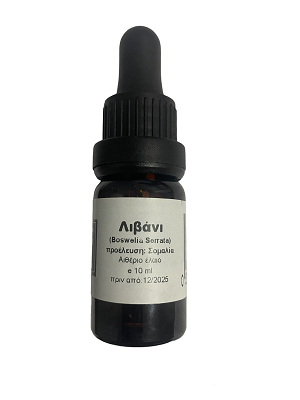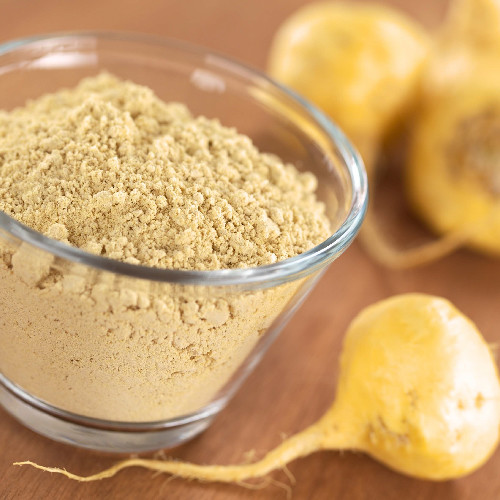

Lepidium

Lepidium
Available
Lepidium
(Latin name: Lepidium meyenii, with other names in Spanish and maca-maca,
maino, ayak chichira and ayak willku in Kichwa ) is a herbaceous biennial or
annual plant (in some sources it is referred to as perennial) that grows at
high altitudes in the Andes of Peru. It is cultivated for its fleshy
grafting, which is used as a medicinal plant.
Small-scale clinical trials in men have shown that lepidium extract can
increase libido and improve sperm quality. However, more extensive studies
are needed to confirm these preliminary results. In particular, research is
needed on people with sexual dysfunction and infertility. None of the studies
done so far reveal any effect of the lepidium on sex hormone levels. No
toxicity was reported.
Traditionally, lepidium has been used to enhance fertility in humans and
animals, increase libido, increase energy and endurance and for other medical
purposes.
The beneficial effects of lepidium on sexual function may be due to the
high concentration of proteins and vital nutrients. Researchers have
identified two more components, macamides, a type of secondary metabolite and
macaenes, which are believed to play an important role.
For the above properties, the lepidium has begun to spread both in the US
and in Europe.
The nutritional value of dried macaque root is high, similar to cereal grains such as wheat and rice. It contains 60% carbohydrates, 10% protein, 8.5% fiber, and 2.2% fats. Maca is rich in trace minerals and in particular selenium, calcium, magnesium, and iron and contains fatty acids, including linoleic acid, palmitic acid, and oleic acids, as well as polysaccharides.


